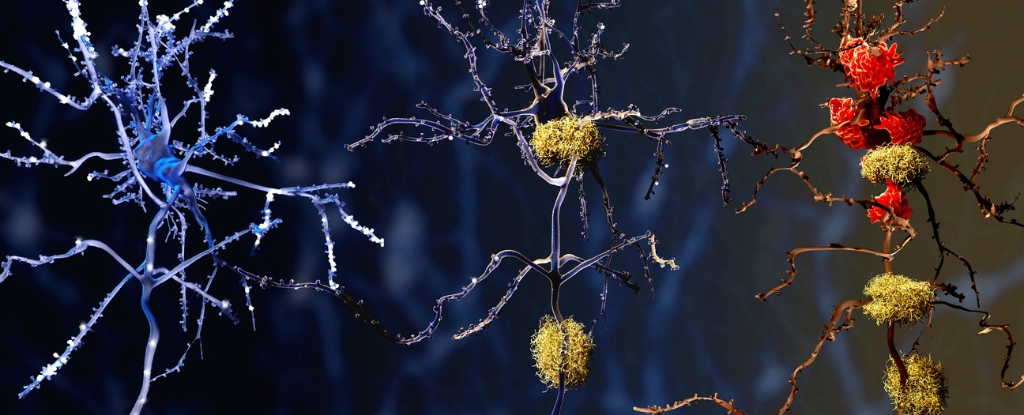
In the pursuit of unraveling the enigma of Alzheimer‘s, a woman untouched by the disease despite a high genetic risk may hold the key. Carrying two copies of the rare genetic variant APOE3 Christchurch, linked to late-onset Alzheimer’s, she demonstrated resistance to cognitive decline, sparking intrigue among scientists.
Researchers at the Washington University School of Medicine delved into this anomaly by studying mice with similar genetic mutations. The findings mirrored the human case, revealing fewer neurological defects associated with advanced Alzheimer‘s stages. The crucial factor? The response of the brain’s cleaning cells, microglia, to the disease’s pathology.
This discovery breathes new life into Alzheimer‘s treatment development, focusing on eliciting specific responses from microglia. The research team emphasizes the potential to sever the link between early, symptom-free Alzheimer’s stages and late cognitive decline.
Both genetic (autosomal dominant Alzheimer‘s disease – ADAD) and non-genetic forms of Alzheimer‘s take around 30 years to develop, with the first 20 years showing no symptoms as amyloid accumulates slowly in the brain.
The unique case of a Colombian family grappling with ADAD showcased a woman defying the odds. Despite inheriting the presenilin-1 mutation triggering early amyloid plaque formation, she remained cognitively healthy into her 70s. The key was identified as having two copies of APOE3 Christchurch.
While this specific genetic combination is rare, insights from studying mice suggest a potential delay in Alzheimer‘s progression by slowing the spread of tau, a protein linked to cognitive decline.
The study underscores the role of active microglia in clearing tau around amyloid plaques, preventing downstream neurodegeneration and cognitive problems. Though the protective effects of APOE3 Christchurch in late-onset Alzheimer‘s remain unclear, further exploration is essential, considering potential variations based on ancestry and other genetic mutations.
The tantalizing prospect lies in mimicking the effects of the APOE Christchurch mutation. If successful, this could offer a breakthrough in halting the progression of Alzheimer‘s dementia for those already on the path.
For a more in-depth exploration of this groundbreaking study, refer to the publication in Cell. The quest for Alzheimer‘s prevention continues, fueled by the hope inspired by those who defy the odds.





